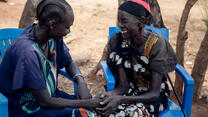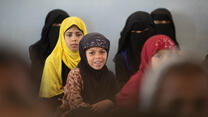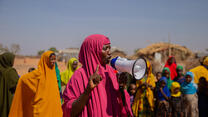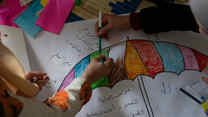In North-East Nigeria, where deeply harmful patriarchal norms prevail, and people live with the constant threat of militia violence, The International Rescue Committee (IRC) delivers woman-centered sexual and reproductive health (SRH) services along with Women’s Protection and Empowerment (WPE) programming. Social norms mean that there is often stigma surrounding SRH and GBV services and women and girls who use them, so supporting their empowerment is essential for helping women and girls to access SRH and GBV services and empower them to protect themselves from violence.
IRC’s work in North-East Nigeria inevitably became more challenging during this acute phase of Covid-19, so this assessment was undertaken to understand the intersecting impacts of the pandemic on demand for, access to, and delivery of SRH services and protective measures, primarily from the perspective of women and girls and with input from service providers. It was also intended as a learning exercise, so that barriers to accessing SRH provision can be mitigated during future public health emergencies, and SRH services prioritized for emergency preparedness.



